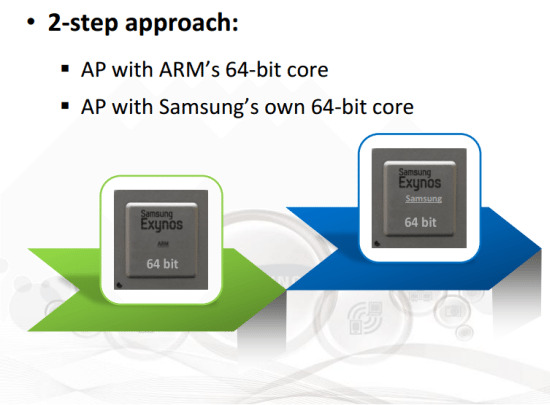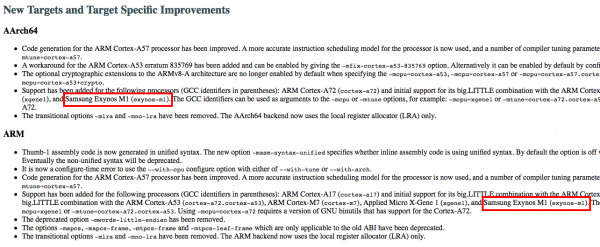Exynos M1 could house Samsung's custom CPU cores
Samsung seems to be really intent in growing more and more independent even when it comes to its internal components. After ditching Qualcomm's Snapdragon for its own Exynos chip, the Korean OEM is apparently now preparing a new Exynos called the M1. What's special about this Exynos M1 isn't simply the fact that it's the next generation Application Processor (AP) for Samsung's devices. It's because chip could very well be the first to carry Samsung's own CPU core design instead of simply licensing it from ARM Holdings.
In the mobile world, ARM's chip designs can be found everywhere, in one form or another. ARM Holdings itself doesn't make chips but licenses its designs. Samsung is one of those licensees but other chip makers like Qualcomm, MediaTek, and even Apple create their own customized CPU cores that simply use the ARM instruction set. In some cases, this strategy has proven quite effective in pushing the performance of these chips.
It has not been a secret that Samsung wants to create its own custom CPU cores. In fact, it was marked as the next step after putting out an Exynos that used ARM's 64-bit architecture, which has happened now with the Exynos 7420 found in the Samsung Galaxy S6. To some extent, the chip could be seen as a dry run, not with the design but on whether Samsung is capable of striking out on its own.

The question has never been if but always when, and it seems that 2016 might be the year when it all happens. Samsung latest development tools for ARM cores have seen a reference to a certain Exynos M1 alongside ARM Cortex names. Given the position and distinction, one can only presume that it is the custom core design that Samsung has been planning all along, codenamed "Mongoose". Also given how developers get their hands on tools 9 to 12 months before a chip ships, we can probably expect the Exynos M1 to debut sometime early 2016.

This move could very drive a wedge between Samsung and Qualcomm, whose previously harmonious business relationship is now being rocked, much to Qualcomm's disadvantage. That said, successfully shipping the Exynos 7420 and shipping a successful Exynos M1 are two different things entirely, and Samsung best be careful that it won't suffer the same fate that it has put Qualcomm through this year.
VIA: SamMobile
